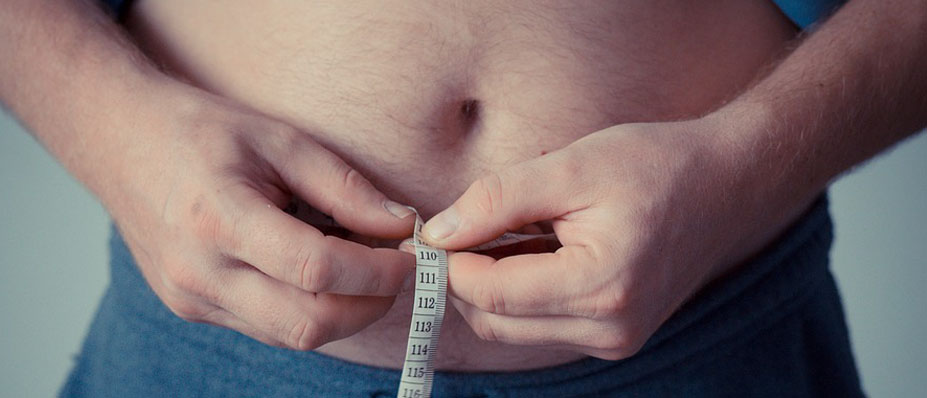Insufficient Sleep May Add More Than An Inch To Your Waist, Study Suggests
 Image Source: Pixabay.com
Image Source: Pixabay.com A new study published in PLOS One takes a stab at this question by studying the relationship between sleep duration and a number of quantifiable factors: Waist circumference, blood pressure, lipids, glucose, thyroid hormones and other important measures of a person's metabolic profile.
By now, the connection between sleep and weight gain has been well established. Numerous studies have provided evidence that sleeping too little - less than five hours - messes with your hormones, slows down your metabolism and reprograms your body to eat more.
But just how serious are the consequences in terms of numbers?
A new study published in PLOS One takes a stab at this question by studying the relationship between sleep duration and a number of quantifiable factors: Waist circumference, blood pressure, lipids, glucose, thyroid hormones and other important measures of a person's metabolic profile. The research, led by the Leeds Institute of Cardiovascular and Metabolic Medicine and the School of Food Science and Nutrition, involved 1,615 people ages 19 to 65 in Great Britain.
The most striking suggestion was that getting insufficient sleep may make you go up a clothing size.
People in the study who were sleeping an average of six hours each night had waist measurements about 1.2 inches (or 3 centimeters) more than those getting nine hours of sleep a night. Those with less sleep also weighed more. The relationship between more sleep and smaller waists and a lower body mass index (BMI) appeared to be almost linear, as shown below.
The findings appear to contradict other studies that show that too much sleep - nine hours or more - might have a similar impact on the body as too little sleep. This new study appears to show that waist circumference and BMI are lowest for those with 12 hours of sleep.
The theory of why this relationship exists has to do with two hormones that help tell you when to eat and when to stop. Less sleep upsets the balance, making you eat more. Combine that with the slower metabolism that people with lack of sleep appear to have it's no wonder that people are prone to becoming larger and gaining weight.
The PLOS One study also found another worrisome difference between people who had sufficient and insufficient sleep. They found that shorter sleep appeared to be linked with reduced levels of HDL or "good" cholesterol in the blood.
Researcher Greg Potter of Leeds, a co-author, expressed concern that insufficient sleep may contribute to obesity and type 2 diabetes: "Understanding why people gain weight has crucial implications for public health."
Source: www.ndtv.com




Contact Us